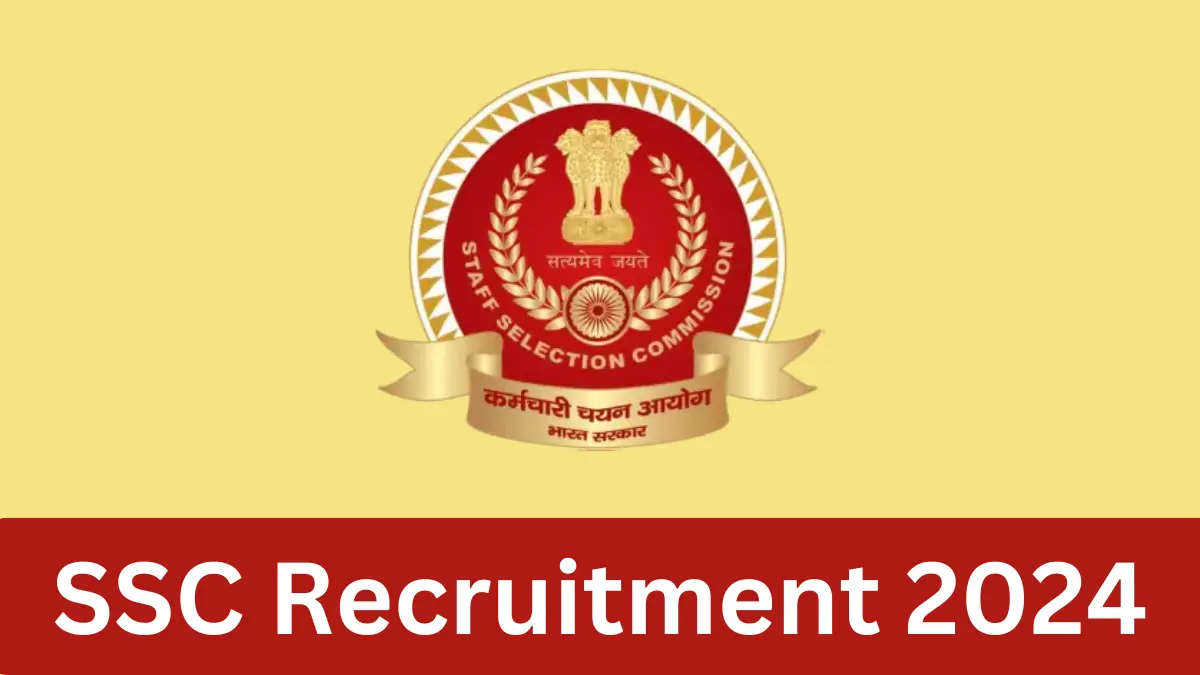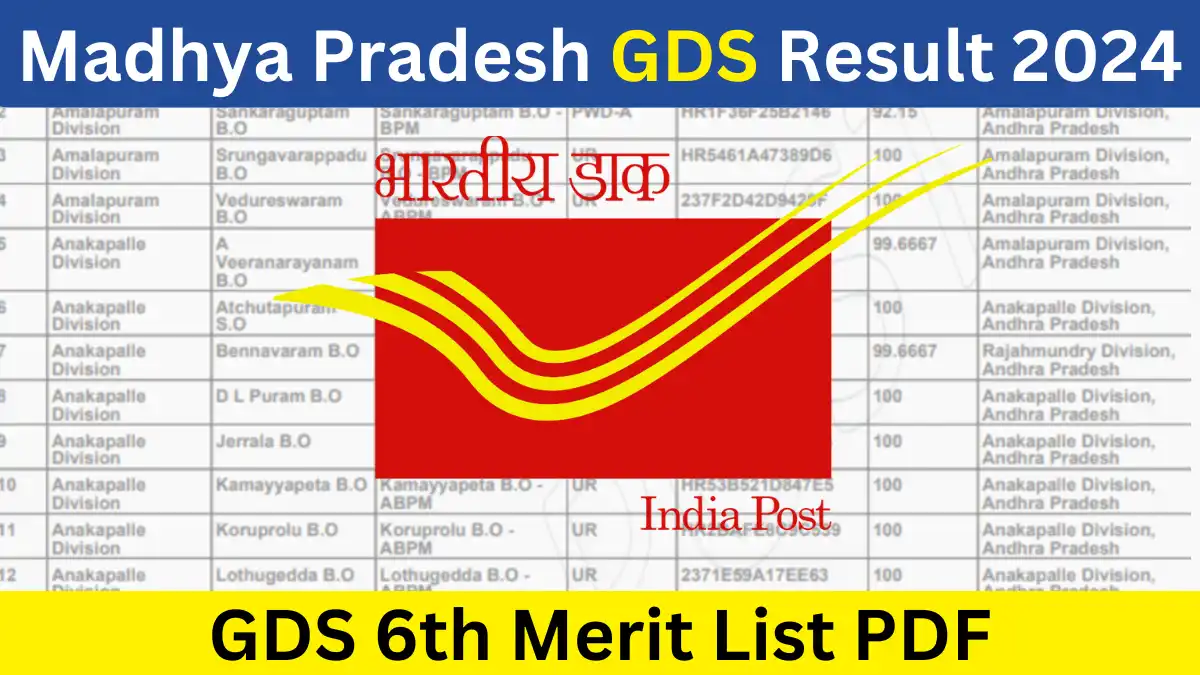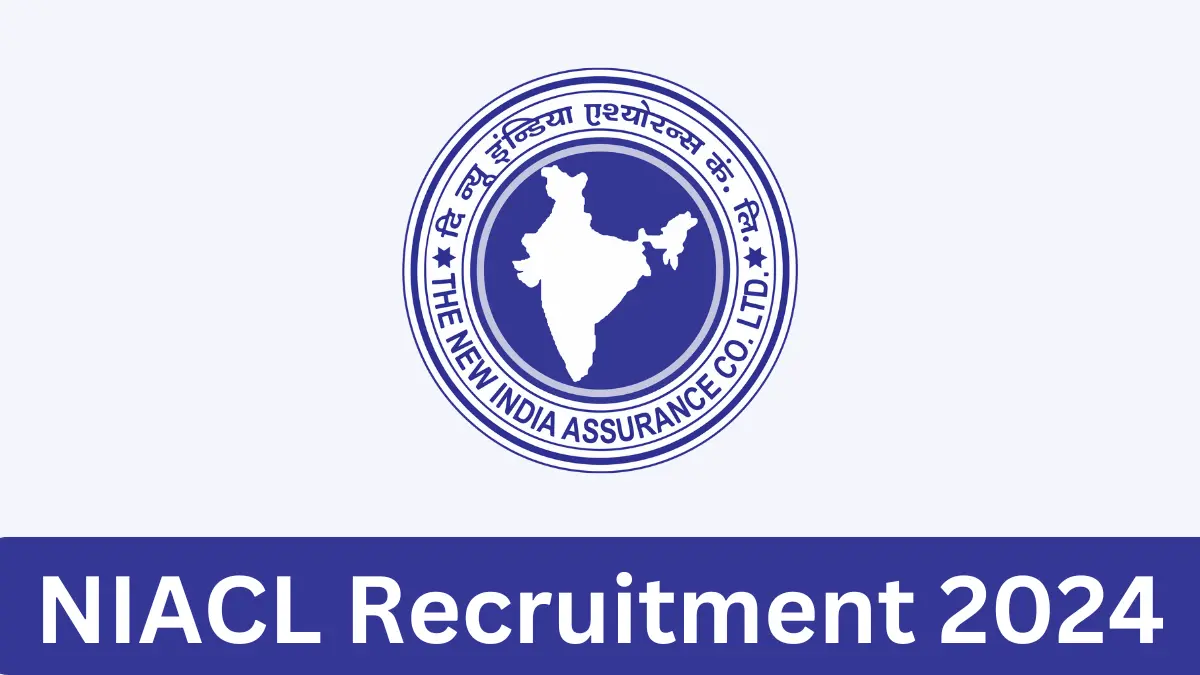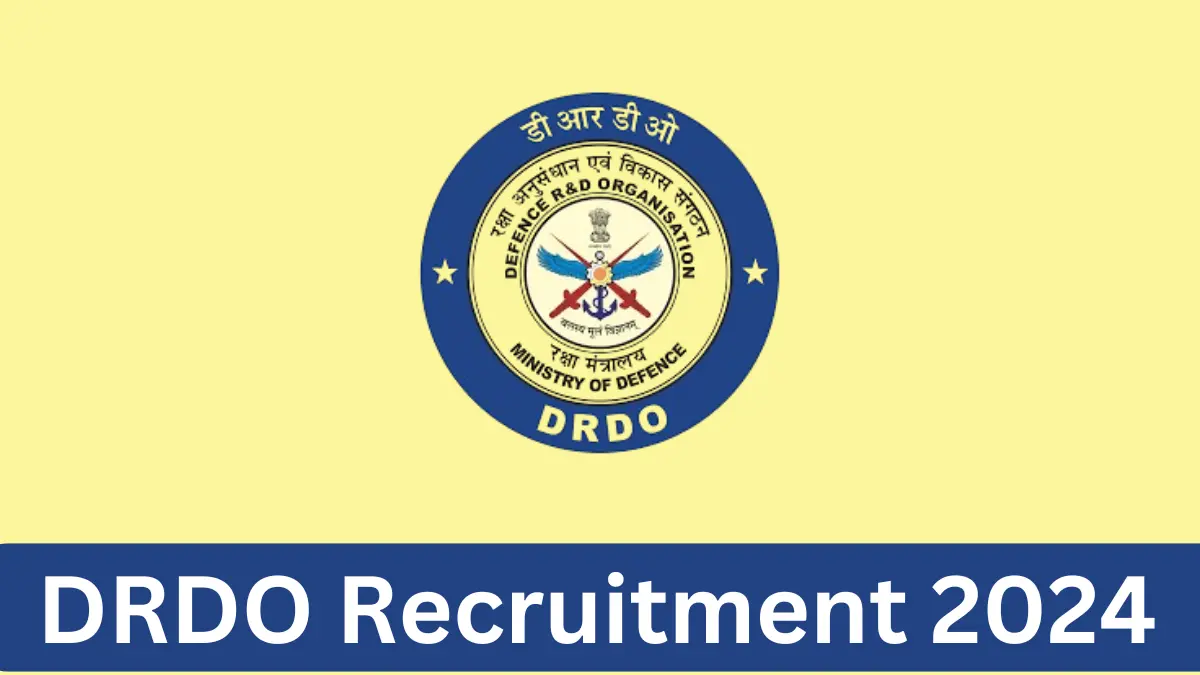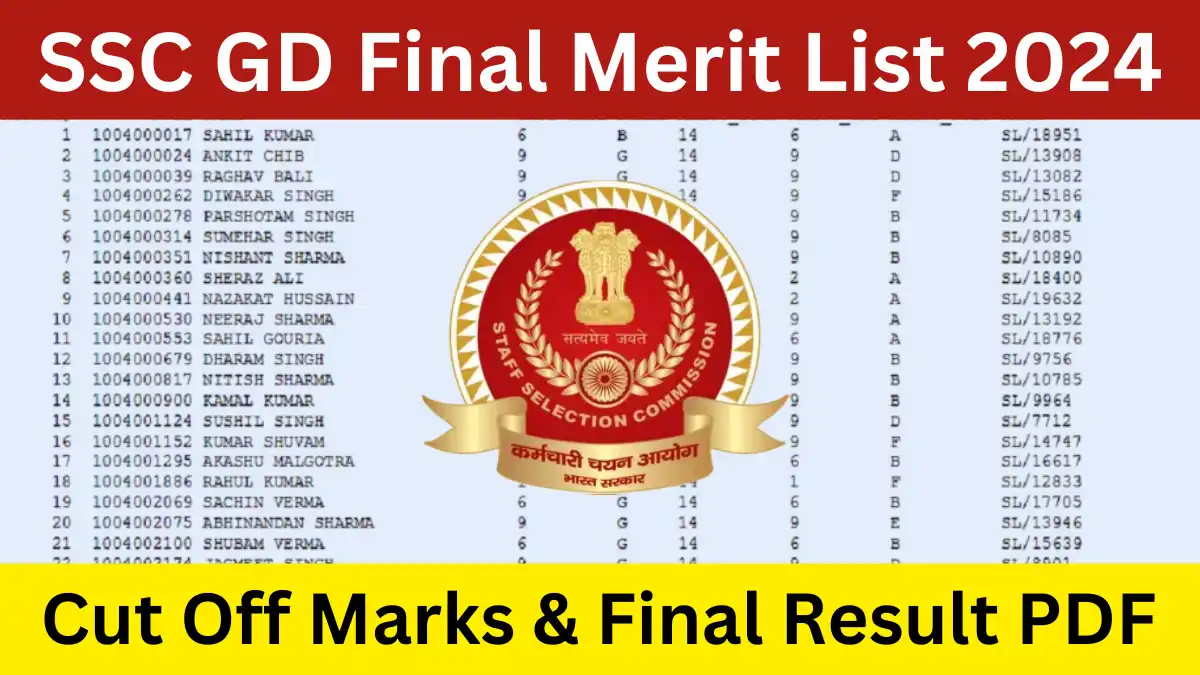SSC Recruitment 2024 New Notification Out, Apply Before Last Date
SSC Recruitment 2024: The Staff Selection Commission (SSC) has released a recruitment notification for the Young Professional (Legal Consultant) post. Applications are invited from eligible candidates law graduates for the engagement of 01 (One) Young Professional (Legal Consultant) purely on short-term contract basis in the Staff Selection Commission (Western Region), Regional Office, Mumbai. Candidates finally … Read more
